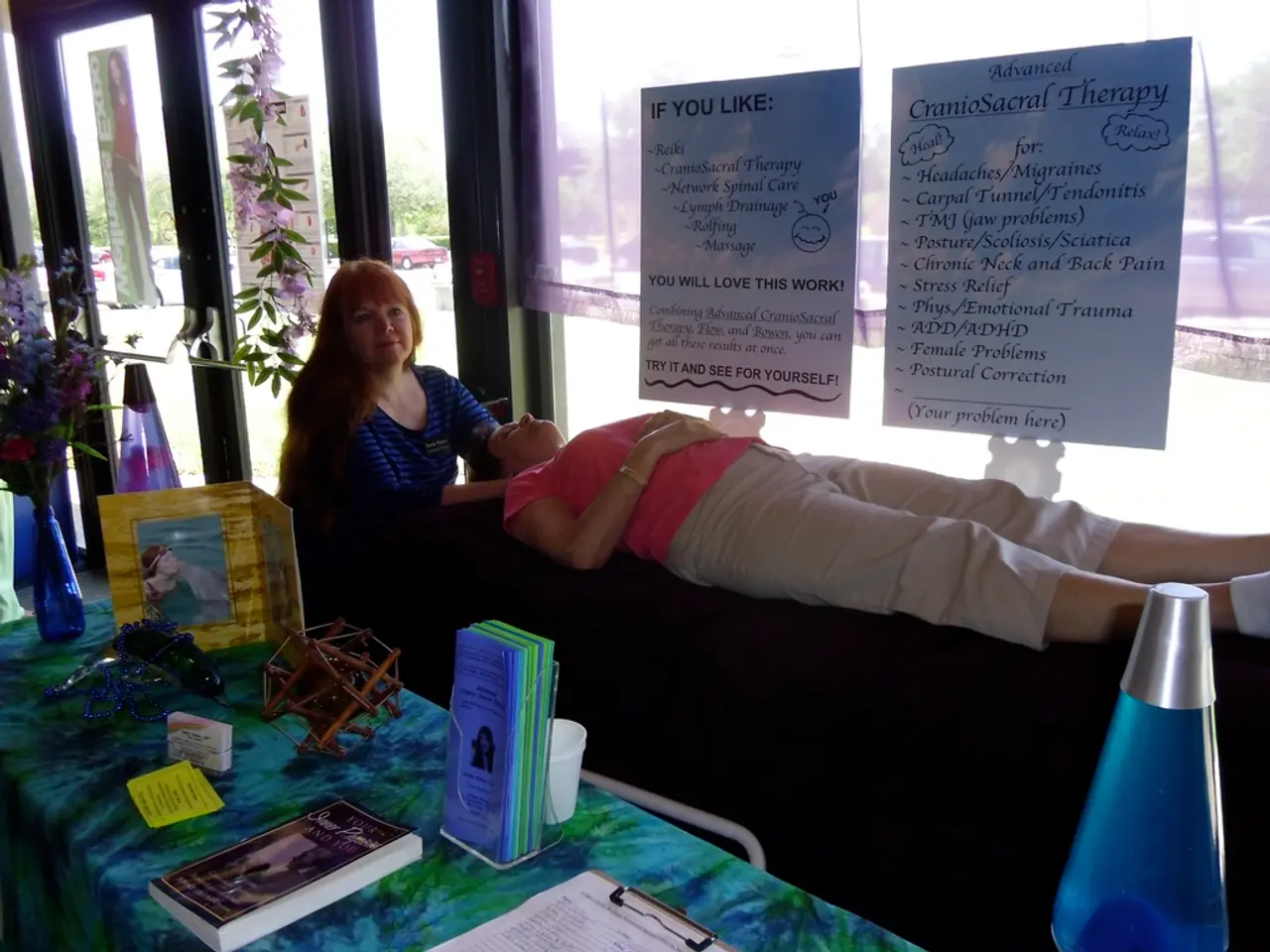Crucial Competencies Every Clinical Instructor Needs to Grasp
In the ever-evolving landscape of healthcare, the role of clinical educators assumes paramount importance. These educators are tasked with shaping the future of patient care by instilling the values of cultural competence, respect, and knowledge integration in their students.
Cultural competence, a cornerstone of effective healthcare, involves learning about, respecting, and incorporating knowledge into patient care. This competence is not just beneficial but essential, as it can multiply the impact of healthcare professionals and help them adapt to the diverse backgrounds of patients they serve.
To achieve this, clinical educators must employ a variety of strategies. One such approach is the clinical integration of teaching, where learning activities such as critical appraisal and evidence-based practice (EBP) are embedded directly into clinical rotations. This method allows learners to connect theory with practice and reflect on clinical decision-making [1].
Another strategy is to use multifaceted, dynamic teaching approaches. This could involve combining simulation, peer feedback, authentic assessments, and the use of relevant technology to engage learners actively and address the complexity of modern healthcare environments [3].
Incorporating experiential learning is another effective method. By collaborating with healthcare organizations to provide real-world applications through guest speakers and virtual learning tools, educators can enhance learner engagement and skill development [4].
Providing role-specific, targeted instruction is also crucial. Tailoring training to the specific responsibilities and skill requirements of different healthcare roles ensures relevance and effectiveness [5].
Emphasizing soft skills, such as communication, collaboration, and compassion, is equally important. By developing these skills alongside technical ones, healthcare professionals can improve patient care and workplace relationships [5].
Promoting continuous learning and feedback is another key strategy. Fostering an ongoing culture of education with opportunities for professional growth, regular assessments, and iterative improvements based on feedback can help students become lifelong learners in the healthcare field [5].
Enhancing communication skills through behaviour change strategies can also have a significant impact. For instance, making professional interpreting readily available with clear prompts and tools improves clinicians' ability to communicate effectively with patients from diverse backgrounds [2].
Clinical educators also play a vital role in bridging the gap between theoretical knowledge and practical application in the healthcare industry. Their credibility and clinical expertise are essential for building trust with their students.
Understanding beliefs, practices, and values that influence healthcare decisions is another important aspect of healthcare education. Preparing professionals to serve diverse populations is crucial in today's world, and providing timely, specific feedback helps students improve their clinical skills and develop their reasoning abilities.
Many of these competencies can be developed through intentional practice, reflection, and professional development. By combining these approaches, clinical educators can better prepare healthcare professionals for the dynamic, fast-paced, and interprofessional nature of healthcare practice while improving both teaching effectiveness and communication skills.
References:
[1] Schmidt, D., & Mokdad, A. H. (2015). Evidence-based medicine: How to practice and teach it. Jones & Bartlett Learning.
[2] National Academies of Sciences, Engineering, and Medicine. (2015). Crossing the quality chasm: A new health system for the 21st century. National Academies Press.
[3] Hodges, C., & Jaggard, S. (2017). The impact of technology on the future of healthcare education. Academic Medicine, 92(7), 933-935.
[4] Benner, P., Tanner, B., & Chesney, M. (2009). Educating nurses: Accountability and excellence in nursing education. Jones & Bartlett Learning.
[5] Fink, L. D. (2013). Creating significant learning experiences: An integrated approach to designing college courses. Jossey-Bass.
- Incorporating education and self-development strategies, such as employing clinical integration of teaching, using multifaceted and dynamic teaching approaches, incorporating experiential learning, providing role-specific and targeted instruction, and emphasizing soft skills, is crucial in shaping the future of healthcare professionals.
- By promoting continuous learning, feedback, and professional development, clinical educators can help students become lifelong learners in the healthcare field, adapting to the evolving landscape of healthcare.
- Clinical educators must also bridge the gap between theoretical knowledge and practical application, building trust with their students by drawing upon their clinical expertise and credibility.
- Effective healthcare practice in today's diverse world requires an understanding of beliefs, practices, and values that influence healthcare decisions, as well as the ability to communicate effectively across cultural boundaries. This can be achieved through intentional practice, reflection, and the inclusion of tools such as professional interpreting.




